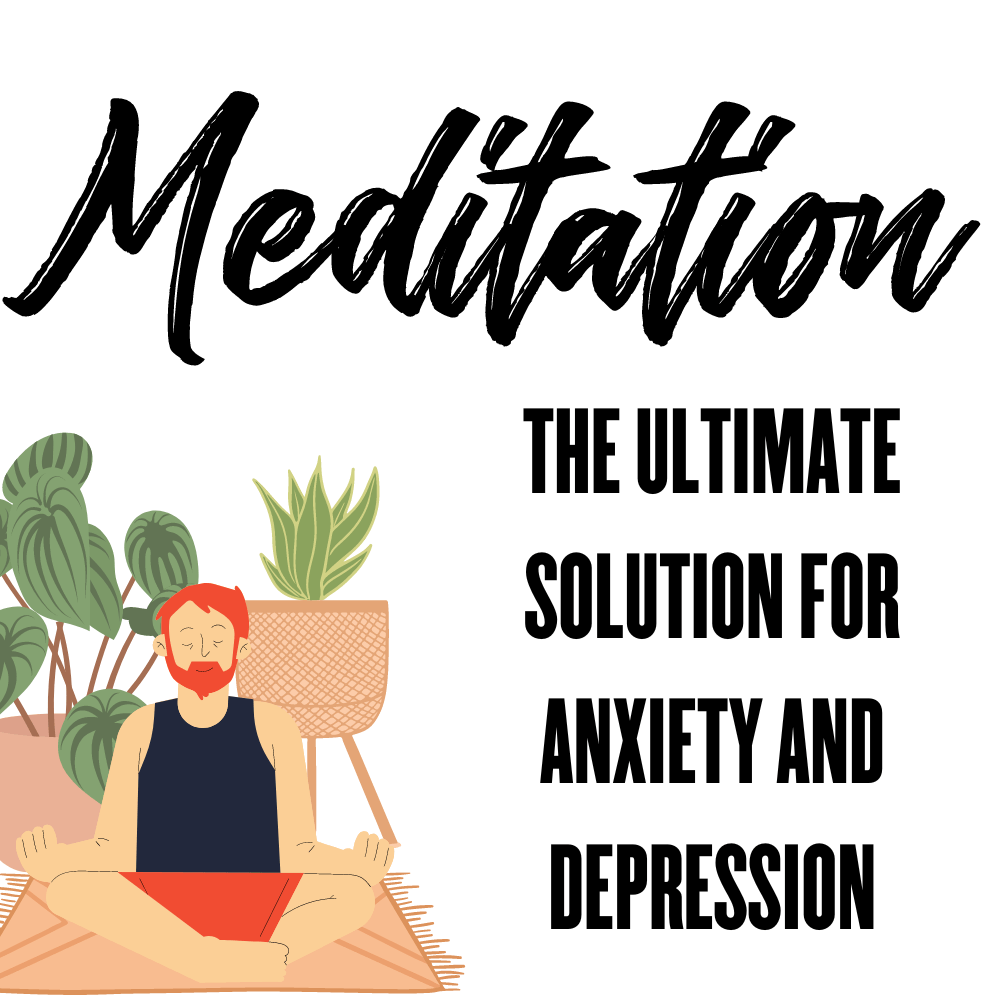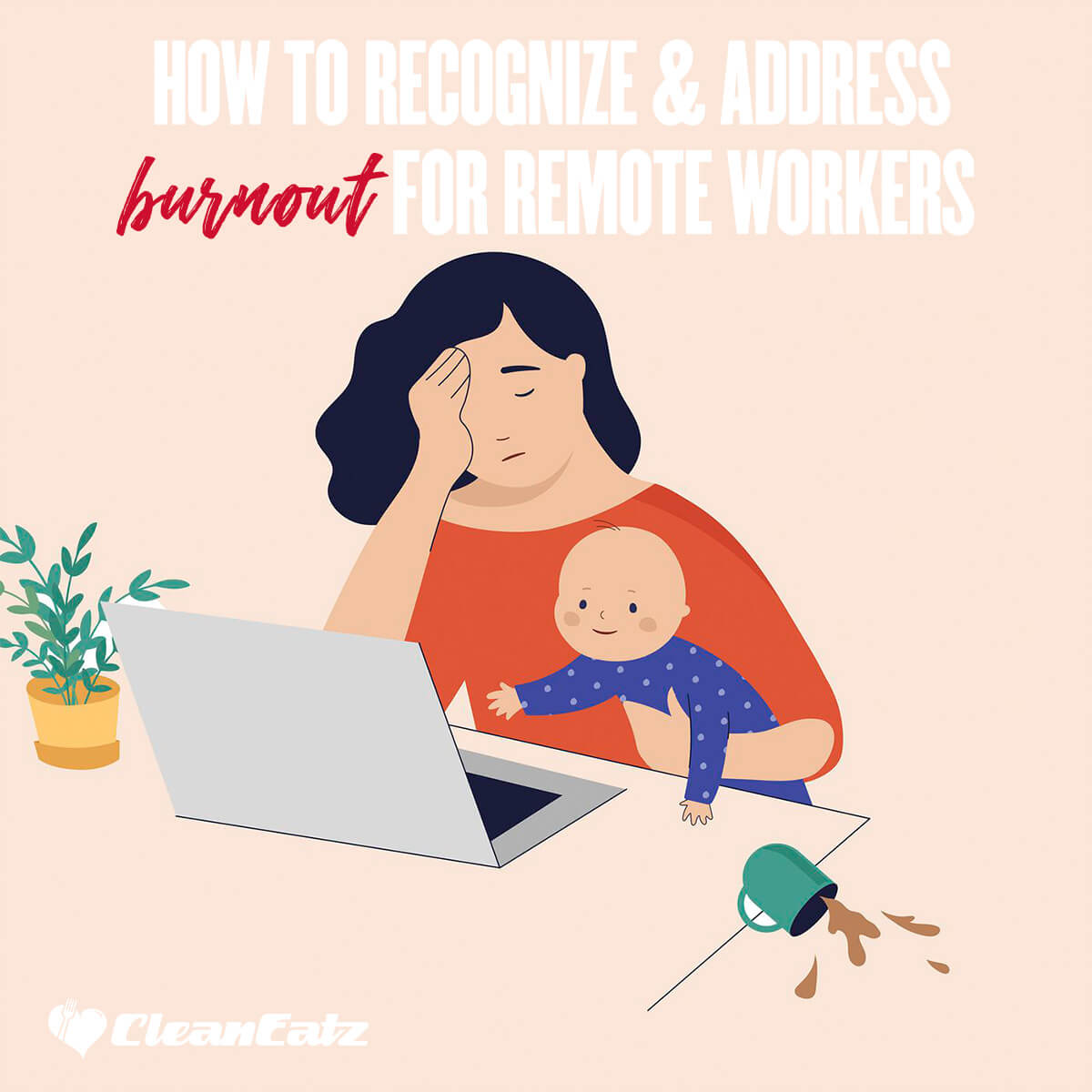
Meditation for Anxiety and Depression: Ultimate Mental Health Solution
Jason Nista
Mental Health
11 minute read
Meditation is an ancient practice that has been used for centuries to improve overall mental and physical well-being. It is also the ultimate solution for anxiety and depression. Throughout this article, we will explore the science behind how meditation can help reduce symptoms of anxiety and improve symptoms of depression, as well as provide tips for starting a meditation for anxiety and depression that can be beneficial for mental health.
What Meditation Actually Is
Meditation, with its rich history and diverse techniques, has been subject to numerous studies exploring the question, 'What are the benefits of meditation?' While this ancient practice has evolved with various currents and techniques, grasping its essence is fundamental to understanding its potential impact on your life and health. Recent research has unearthed common traits that not only define meditation but also shed light on the remarkable benefits it can bring to individuals' well-being.
Most scientists and their research agree that meditation is a mind-body experience or practice that focuses your conscious attention to attain a desired state of mind, and although there are different ways to do this and variations from practitioner to practitioner there are a few characteristics that need to be met:
- It needs to be a voluntary, self-induced state
- The use of a clear and defined technique to obtain the desired and specific state.
- Whole body relaxation through muscle relaxation techniques or repetitive controlled movement at some point in the session
- Logic or cognitive “relaxation” or a conscious effort to focus attention away from mind-drifting and rushing thoughts. This is what is commonly referred to as clearing your mind from thought.
- Use of skills of self-focus using an anchor that becomes the point of focus which can take many forms: breathing, a fixated thought or words, a fixated movement or movement pattern, etc. Which helps with logic relaxation.
The Link Between Meditation and Depression
Anxiety and depression are common mental health disorders affecting millions worldwide. Feelings of worry, nervousness, fear, sadness, hopelessness, and a lack of interest in activities characterize them. Meditation for anxiety and depression has been shown to be an effective practice for managing both of these.
Meditation works by training the mind to focus on the present moment and to let go of negative thoughts and worries. This can help reduce anxiety symptoms by decreasing the activity in the parts of the brain that are responsible for the "fight or flight" response, which is activated when we feel anxious. Additionally, meditation can help increase activity in the parts of the brain responsible for regulating emotions and stress, it's also considered a type of exercise and many ask "how does exercise reduce stress", well the answer it by staying exercising and staying fit you increase your productivity instead of rotting in the bed while depressed the whole day.
Studies have shown that meditation can be effective in reducing symptoms of both anxiety and depression. A study published in the Journal of Anxiety Disorders found that participants who practiced mindfulness meditation for eight weeks reported a significant reduction in symptoms of anxiety compared to a control group. Another study found that participants who practiced mindfulness meditation for eight weeks reported a significant decrease in symptoms of depression compared to a control group. Additionally, a study published in the Journal of Behavioral Medicine found that a mindfulness-based stress reduction program was effective in reducing symptoms of depression in patients with major depressive disorder.
Different Types of Meditation
There are many different types of meditation, each with its own unique approach, technique, and goal. Some of the most popular types of meditation include mindfulness meditation, transcendental meditation, loving-kindness meditation, vipassana meditation, Zen meditation, yoga meditation, chakra meditation, and guided meditation. Each of these types of meditation offers different benefits and can help achieve a specific goal. In this section, we will explore the different types of meditation in more detail and discuss the benefits that each one can offer.
Mindfulness meditation
Mindfulness meditation is a type of meditation that involves focusing on the present moment and becoming aware of one's thoughts, feelings, and surroundings. Mindfulness meditation aims to increase awareness and acceptance of the present moment and reduce stress and negative emotions.
Transcendental meditation
Transcendental meditation is a type of meditation that involves the use of a mantra or a word or phrase that is repeated during meditation. The goal of transcendental meditation is to achieve a state of deep relaxation and calm, transcend the thinking mind, and experience inner peace.
Loving-kindness meditationLoving-kindness meditation is a type of meditation that involves focusing on feelings of love and compassion towards oneself and others. The goal of loving-kindness meditation is to cultivate positive emotions and improve relationships with others. This type of meditation is also known as "metta" meditation.
Vipassana meditation
This is a form of insight meditation that originated in Buddhism. Vipassana meditation aims to develop self-awareness and an understanding of the nature of reality. The technique involves focusing on the breath and becoming aware of sensations in the body, which can help to develop a deeper understanding of one's thoughts and emotions.
Zen meditation
Also known as "Zazen," this is a form of meditation that is practiced in Zen Buddhism. The goal of Zen meditation is to achieve a state of heightened awareness and gain insight into the nature of reality. The technique involves sitting in a specific posture, focusing on the breath, and clearing the mind of thoughts.
Yoga meditation
This form of meditation combines physical postures, breathing exercises, and mental focus. The goal of yoga meditation is to achieve a state of balance and harmony in the body and mind and to improve overall health and well-being.
Chakra meditation
This form of meditation focuses on the body's energy centers, known as chakras. The goal of chakra meditation is to balance and align the body's energy centers, which can promote overall well-being and spiritual growth.
Guided meditation
Guided meditation involves following a recorded guide or a live teacher who leads the meditation. The guide may use visualization, imagery, or a script to help the meditator achieve a specific goal, such as reducing stress or improving focus.
Tips for Starting Your Own Meditation Practice
Starting your own meditation practice at home is an excellent way to help combat stress and anxiety. If you are thinking about meditating, here are some simple tips to get you started:
Start small: begin with short sessions of 5-10 minutes and gradually increase the duration of your practice.
Find a quiet, comfortable place: Create a space where you can meditate without interruptions or distractions.
Establish a regular time: Pick a time of the day when you can meditate consistently. It could be in the morning, evening, or during lunch break.
Choose a comfortable position: You can sit on a cushion or chair, lie down, or even stand up; what's important is that you find a position that allows you to stay alert and comfortable for the duration of your meditation.
Focus on your breath: Many types of meditation involve focusing on the breath as a way to anchor your attention and still the mind.
Let go of expectations: Meditation is not about achieving a specific state or getting rid of thoughts. Let go of any expectations and simply be with your experience.
Be patient and consistent: Meditation is a practice and requires patience and consistency. Stick with it even if you don’t see immediate results.
Experiment with different types of meditation: There are many different types of meditation, each with its own unique approach and benefits. Experiment with different types to find what works best for you.
Find a meditation teacher or group: Having a teacher or joining a meditation group can provide guidance, support, and encouragement.
Remember that it's okay to have a “bad” meditation session: Everyone has days when their mind is more active than usual; it's normal. Just come back to your breath and keep going.
Science-Backed Benefits of Meditation
Meditation and meditation techniques are very old, centuries old and as such there has been plenty of research through the years on its benefits and effect on the human body and mind. These benefits include, but are not limited to:
- Stress reduction and anxiety management: which will be covered in more depth in a minute.
- Improving and sharpening focus and attention: By reducing the brain's habituation to stimulus and staying in a receptive status which Improves Perceptual Discrimination and Sustained Attention. In your daily life, this translates into better performance at work or school.
- On that same note, it can help improve your memory as shown in research that found a relationship between mindfulness practice can lead to increases in regional brain gray matter density involved in learning and memory processes, as well as emotional regulation.
- Strengthening of the immune system: There needs to be further research to get conclusive results and explanations, but it has been shown that meditation and mindfulness practices have a positive effect on immunity markers such as circulating and stimulated inflammatory proteins, cellular transcription factors and gene expression, immune cell count, immune cell aging, and antibody response.
- Lowering blood pressure: Meditation has shown promising results in decreasing high blood pressure, especially when paired with other healthy lifestyle changes like a balanced diet and exercise.
These are just a few of the health benefits of regular meditation and mindfulness practice, however further research is needed to better find the explanation and mechanisms of how meditation aids in these parameters and health markers. Now let’s look deeper into meditation as a tool for better mental health and coping with depression and anxiety.
The Power of Meditation for Stress and Anxiety Management
Meditation is a powerful tool for managing stress and anxiety. Studies have shown that regular meditation practice can help to reduce symptoms of stress and anxiety, improve emotional well-being, and enhance the overall quality of life. There are many different types of meditation, each with its own unique approach and benefits. Mindfulness meditation, transcendental meditation, loving-kindness meditation, vipassana meditation, Zen meditation, yoga meditation, chakra meditation, and guided meditation are some of the most popular types of meditation. Experimenting with different types of meditation is essential to find what works best for you.
Meditation is a great way for you to manage stress. Many ask " does exercise help anxiety?", well meditation can be considered a type of exercise, so the answer to this question is yes, it can help with anxiety and make you feel calmer throughout the day. It can be easily integrated into your daily routine, and with patience and consistency, it can be a powerful way to improve your overall well-being. Remember to seek guidance and support from a teacher or meditation group if needed. With regular practice, meditation can help you manage stress and anxiety in a safe, natural, and effective way.
There are many advantages to meditation for reducing stress and anxiety, but there are also practical choices accessible for people who want to improve their general well-being. The meal plan delivery offered by Cleaneatzkitchen is one of these choices. While it is true that meditation is a type of mental exercise that promotes calmness and balance in life, its good benefits can be amplified when combined with a healthy diet.
Final Thoughts
Meditation is a potent tool for stress and anxiety management, enhancing emotional well-being. Various techniques suit individual preferences. Starting with basic steps like quiet space and breath focus, combined with patience, leads to transformative outcomes. Seeking guidance from teachers or groups can offer valuable support. Meditation provides a natural, safe, and effective path to a calmer, balanced life.
FAQ
How does meditation help reduce symptoms of anxiety and depression?
Meditation helps reduce symptoms of anxiety and depression by training the mind to focus on the present moment, decreasing activity in the brain's "fight or flight" response, and increasing activity in parts of the brain responsible for regulating emotions and stress, thereby balancing the nervous system.
What are some different types of meditation and what are their goals?
Some different types of meditation include mindfulness meditation (increasing awareness and reducing stress), transcendental meditation (achieving deep relaxation and inner peace), loving-kindness meditation (cultivating love and compassion), vipassana meditation (developing self-awareness), Zen meditation (achieving heightened awareness), yoga meditation (balancing body and mind), chakra meditation (balancing energy centers), and guided meditation (following a guide for specific goals).
What are some tips for starting a meditation practice at home?
Some tips for starting a meditation practice at home include starting small with short sessions, finding a quiet and comfortable place, establishing a regular practice time, choosing a comfortable position, focusing on the breath, letting go of expectations, being patient and consistent, experimenting with different meditation types, and seeking guidance from a teacher or group if needed.
What benefits does meditation have for stress and anxiety management?
Regular meditation practice can help reduce symptoms of stress and anxiety, improve emotional well-being, and enhance overall quality of life. It emphasizes that meditation is a natural, safe, and effective way to manage stress and anxiety and can be easily integrated into one's daily routine with patience and consistency.
Related Articles
Bringing Mindfulness to Your Daily Grind
7 minute read
How to recognize and address burnout for remote workers
3 minute read



